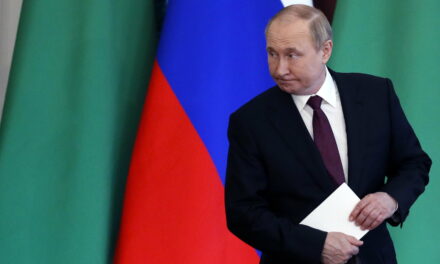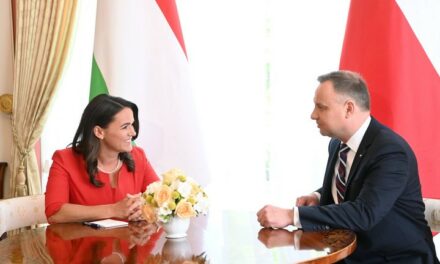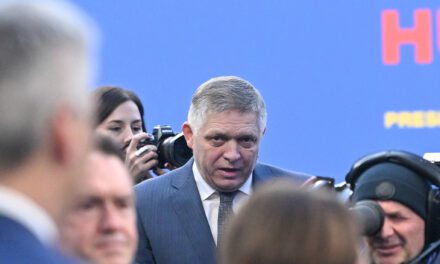The tension between Iran and Israel is increasing to the limit: Hezbollah has already launched a small attack, and many Israelis would strike there themselves.
On Tuesday morning, the wait continued for Iran's announced retaliation against Israel, with which the Persian state intends to avenge the assassination of the leader of Hamas, Ismail Haniyeh, at his residence in Tehran. The United States signaled to the G7 countries on Sunday that the attack could start that day or on Monday, but this has not yet happened.
The Jerusalem Post now writes about:
US President Joe Biden and his Vice President, Kamala Harris, were informed by the US intelligence services that although the exact timing of the attack remains unclear, they expect a two-round strike, one of which would be carried out by Hezbollah and the other by Iran and its allied terrorist groups.
They do not yet know who will attack first, nor how
as the retaliatory strike is still "in the planning phase".
Meanwhile, American sources speaking to the Post also stated that the US is trying to put pressure on Iran and Hezbollah to launch as small a counterattack as possible. President Biden spoke with Qatari Prime Minister Mohammed bin Abdul-Rahman al-Thani on Monday and asked him to try to get Iran and Hezbollah to avoid escalation; in addition, he indicated to him that the agreement on the hostages and the cease-fire in Gaza, in which Qatar is an important mediator, remains one of the main priorities of the president.
American diplomacy is also intense towards Israel: the commander of the US Army's Central Command, General Michael Kurilla, visited Israel on Monday, where he met with Chief of Staff Herzi Halévi and Defense Minister Joáv Gallant.
Last night in Iraq, five American soldiers were also injured in the missile attack against the Ain al-Assad air base, for which the US blames militias linked to Iran.
They see that the militias are less restrained by Iran in their attacks against the US now than in recent months, so they are taking additional steps to protect their troops and reserve the right to choose the way and place of the retaliatory strike according to their needs.
A smaller attack also hit Israel last night: the air defense over Kerem Ben-Zimra and Gus Haláv successfully intercepted a rocket coming from Lebanon. Hezbollah has since admitted that they attempted to strike a house used by Israeli soldiers in the nearby village of Avivim.
As the people of Israel wait for the Iranian attack, according to the 103FM radio poll
almost half of the Israeli population, 48, would support a pre-emptive strike against Iran and Hezbollah -
compared to 34 percent who would only support a strike if Israel was attacked first.
Featured image: MTI/EPA/Jajha Arhab












